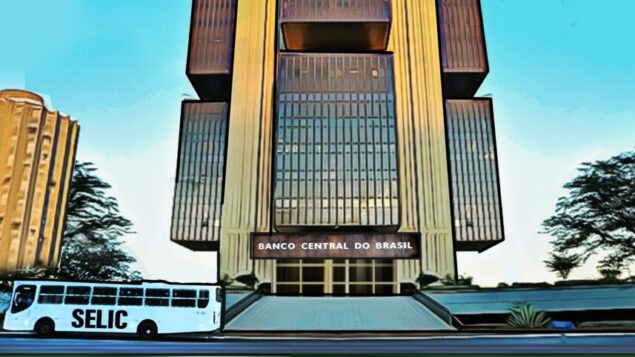The Push for Greater Autonomy at the Brazilian Central Bank: A Step Towards Economic Stability
The Brazilian Central Bank (BCB) is on the brink of a significant transformation that aims to enhance its independence and effectiveness in managing the country’s monetary policy. Spearheaded by Senator Vanderlan Cardoso (PSD/GO) and backed by Senator Plínio Valério (PSDB/AM), the Proposed Amendment to the Constitution (PEC) No. 65 of 2023 is currently under discussion in the Senate. If passed, this amendment will elevate the BCB’s institutional capacity, aligning it with global best practices.
Historical Context and Evolution of the BCB
Reflecting on the history of the BCB, when directors did not have fixed terms, their positions were precarious, as they could be removed at the President’s discretion. This changed when legislation gave directors fixed terms, providing a degree of operational independence necessary for executing monetary policies. One notable figure who experienced this transition is João Manoel Pinho de Mello, who served as a director at BCB from 2019 to 2022. His tenure highlighted the need for greater autonomy in managing the country’s monetary strategies without undue political interference.
The Tripod of Macroeconomic Stability
Since the late 1990s, Brazil’s economy has benefited from the so-called macroeconomic tripod: floating exchange rates, fiscal responsibility, and inflation targeting. These measures have been instrumental in stabilizing the economy, particularly through external shocks and inflation control. However, these achievements came at the cost of high-interest rates, largely due to the Central Bank’s limited independence.
Globally, countries that have adopted inflation targeting simultaneously increased their central banks’ autonomy, resulting in significant economic benefits. These reforms led to lower inflation rates and greater economic stability – advantages that Brazil aims to replicate through PEC No. 65.
The Content and Implications of PEC No. 65
The proposed PEC builds upon the administrative and financial autonomies granted three years ago by Complementary Law 179 of 2021. If ratified, the amendment will make the BCB a public entity, granting it the authority to manage its finances independently using revenues from fees, tariffs, and seigniorage. This self-sustaining financial model mirrors practices of other central banks, such as the European Central Bank, and ensures that the BCB does not rely on fiscal resources, further cementing its operational independence.
Moreover, the amendment does not alter the profit transfer mechanism between the BCB and the National Treasury. Surplus funds will continue to be directed towards reducing public debt, ensuring fiscal responsibility while enabling the Central Bank to focus on its primary goal: maintaining economic stability.
Benefits of Greater Central Bank Independence
Adopting PEC No. 65 promises numerous benefits. Chief among them is the effective control of inflation, which would decrease the necessity for exorbitantly high-interest rates. This change promises a more balanced economic environment, fostering sustainable growth and economic stability.
International examples, like Chile, illustrate how central bank independence can coexist with democratic processes while delivering lower inflation and interest rates. For Brazil, following a similar path could yield comparable results, leading to a more robust and resilient economy.
Conclusion
The ongoing efforts to grant greater independence to the Brazilian Central Bank underscore the country’s commitment to achieving long-term economic stability. By insulating monetary policy from political pressure, Brazil stands to benefit from lower inflation and interest rates, much like several other successful economies worldwide.
The PEC No. 65 represents a critical step towards solidifying the BCB’s role as an independent authority capable of implementing sound economic policies. With a history of economic challenges due to monetary instability, Brazil’s move to enhance the BCB’s independence is a forward-looking strategy aimed at securing a stable and prosperous future for the nation.
For more information on the Brazilian Central Bank and its current operations, you can visit their official website at Banco Central do Brasil.
